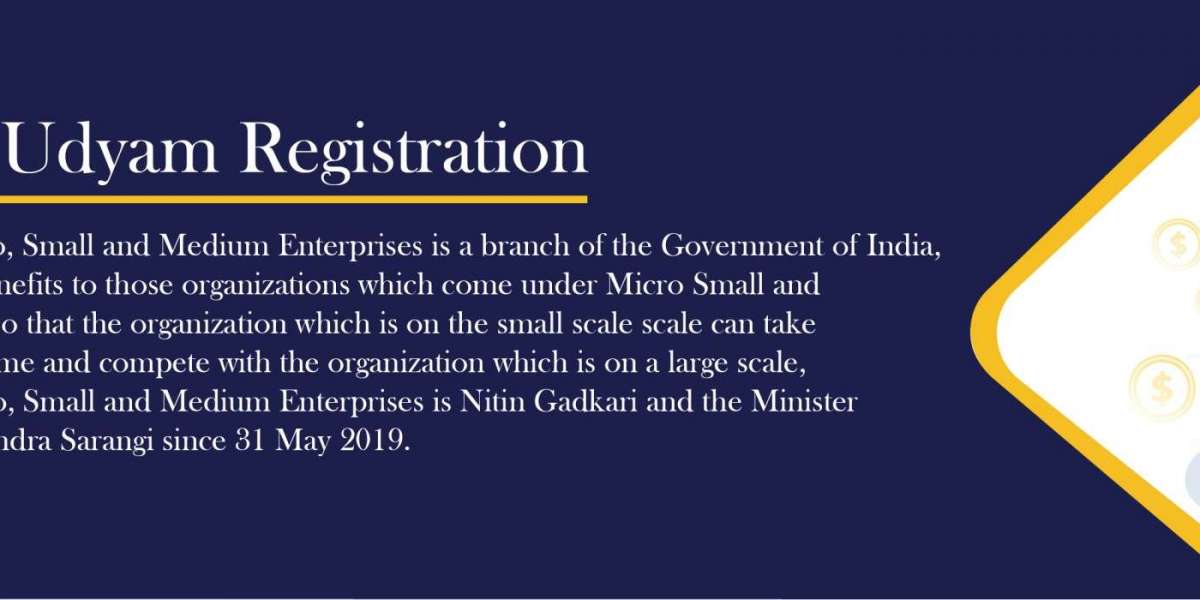Entrepreneurship is a vital driver of economic growth, innovation, and social progress. In India, the government has implemented numerous policies to promote inclusivity and provide equitable opportunities for marginalized communities, including Scheduled Castes (SC) and Scheduled Tribes (ST). Among these initiatives, Udyam Registration stands out as a transformative step in empowering SC/ST entrepreneurs. By offering financial benefits, market access, and skill development opportunities, Udyam Registration helps foster a level playing field for these communities in the competitive business landscape.
Simplified Registration Process:
One of the key challenges faced by SC/ST entrepreneurs is navigating bureaucratic procedures and accessing formal recognition for their businesses. Udyam Registration eliminates these hurdles by offering a seamless, entirely digital registration process. Entrepreneurs only need basic identification documents, such as an Aadhaar number, to register their enterprises as MSMEs (Micro, Small, and Medium Enterprises).
This simplified process ensures that aspiring SC/ST entrepreneurs, who may lack formal business training or resources, can easily formalize their ventures. Formal recognition as an MSME is crucial for accessing government benefits, building credibility, and attracting investors.
Access to Financial Assistance:
Securing funding has traditionally been a significant barrier for SC/ST entrepreneurs, often due to limited collateral and systemic biases in lending practices. Udyam Registration addresses this issue by making registered businesses eligible for several financial benefits:
Collateral-Free Loans: Under the Credit Guarantee Fund Scheme for Micro and Small Enterprises (CGTMSE), Udyam-registered businesses can access collateral-free loans, reducing the dependency on personal assets for funding.
Priority Sector Lending: Financial institutions are mandated to provide loans to MSMEs as part of their priority sector obligations. Udyam-registered businesses, including those owned by SC/ST entrepreneurs, benefit from this policy.
Subsidies and Grants: Registered businesses can avail of subsidies on interest rates, reducing the cost of borrowing and enabling entrepreneurs to reinvest in their ventures.
These financial incentives empower SC/ST entrepreneurs to overcome funding constraints and focus on growing their businesses.
Reserved Market Opportunities:
Another significant advantage of Udyam Registration for SC/ST entrepreneurs is access to government procurement opportunities. Public sector organizations and government departments are required to allocate a certain percentage of their procurement budgets to MSMEs, with specific quotas reserved for SC/ST-owned businesses.
By registering through the Udyam portal, SC/ST entrepreneurs gain access to platforms like the Government e-Marketplace (GeM) and other tender opportunities. This ensures a steady demand for their products and services, enabling them to compete on equal footing with established businesses.
Encouragement for Skill Development and Innovation:
Udyam Registration connects SC/ST entrepreneurs with programs that promote skill development, innovation, and sustainability. Initiatives like the Digital MSME Scheme and the Zero Defect Zero Effect (ZED) certification encourage businesses to adopt advanced technologies, sustainable practices, and innovative processes.
For SC/ST entrepreneurs, these programs serve as a gateway to acquiring modern business skills, improving operational efficiency, and creating high-quality products that can compete in both domestic and international markets.
Fostering Inclusivity in the MSME Sector:
Udyam Registration goes beyond providing financial and operational benefits; it plays a pivotal role in fostering social inclusion. By empowering SC/ST entrepreneurs, the initiative helps bridge the socio-economic gap and contributes to a more equitable distribution of wealth and opportunities.
Moreover, the success of SC/ST-owned businesses creates role models within these communities, inspiring others to pursue entrepreneurship and break free from cycles of poverty and dependence.
Conclusion:
The introduction of Udyam Registration has been a game-changer for SC/ST entrepreneurs in India. By simplifying registration, offering financial assistance, creating market opportunities, and promoting skill development, it provides a robust support system for marginalized communities to thrive in the entrepreneurial ecosystem.
As more SC/ST entrepreneurs leverage the benefits of Udyam Registration, they not only contribute to economic growth but also pave the way for a more inclusive and equitable society. Empowering these communities is not just a matter of economic policy—it is a step toward social justice and national progress.








